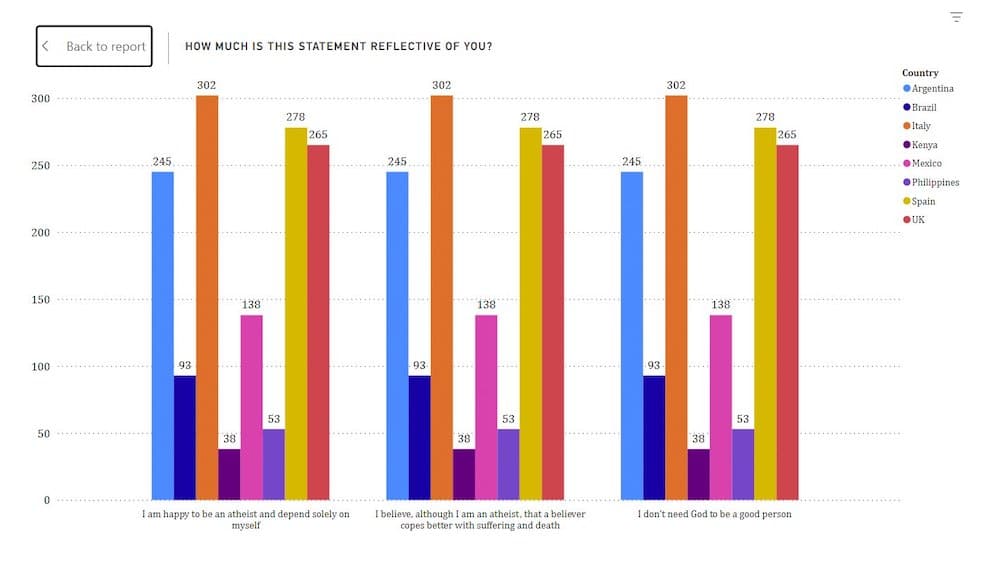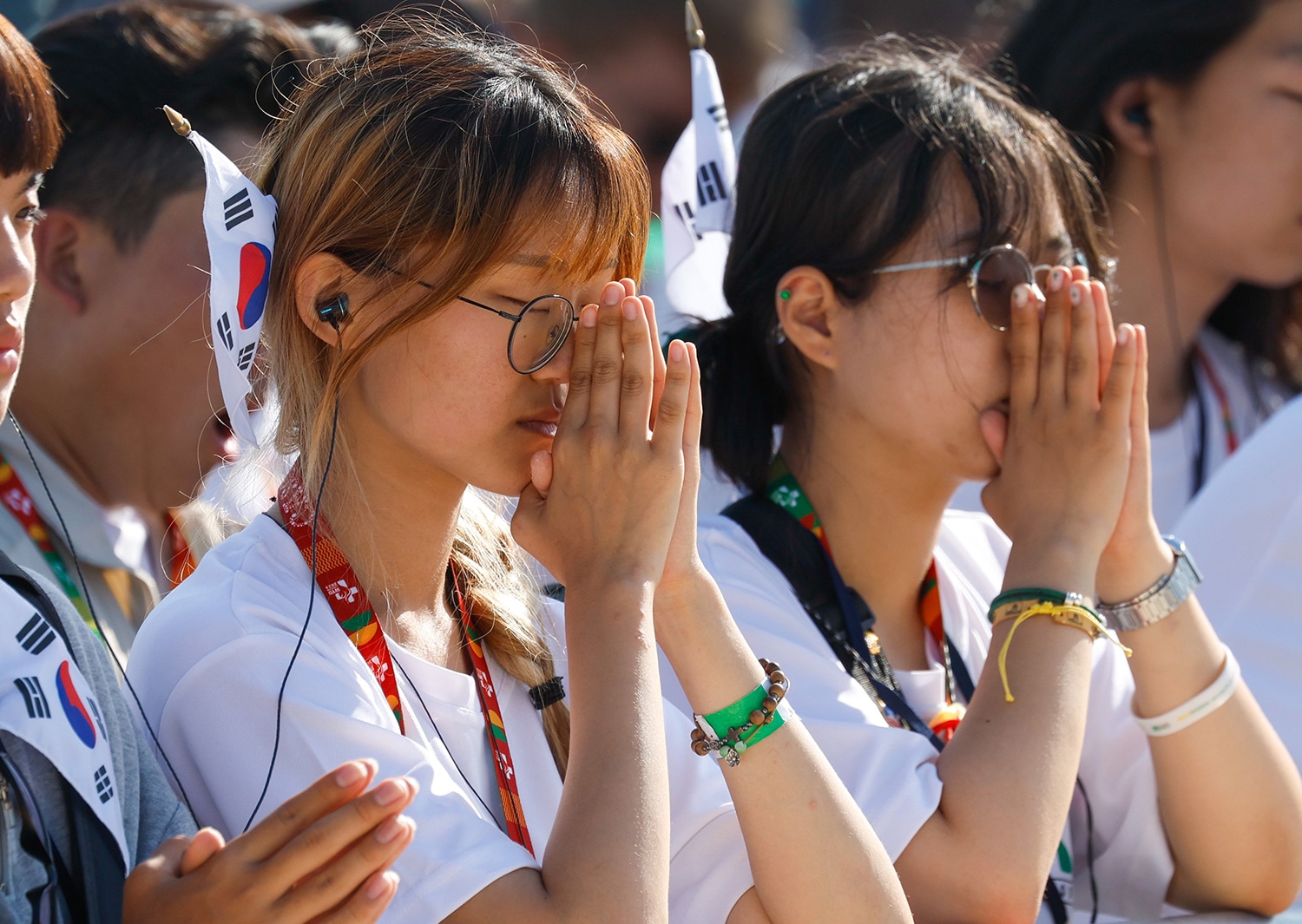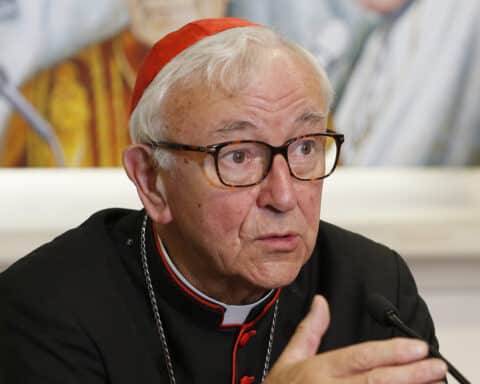ROME (CNS) — A survey of attitudes among young people in eight countries about religious beliefs, prayer and social issues found that while about 25% identified as being atheist or agnostic, believers and non-believers were very likely to both agree about the severity of environmental problems and the danger of political corruption in the world.
Religious belief did play a role in attitudes on several other social issues, the survey said; for example, atheists tended to support the legalization of prostitution and surrogacy, while Catholics were more likely to reject the death penalty and the justification of war compared to people of other religions and atheists.
Results of the survey, titled, “Young People: Expectations, Ideals, Beliefs,” were released Feb. 29 by the Footprints Research Group of the Pontifical University of the Holy Cross in Rome together with seven other universities around the world.
The group said it wanted to look at young people from an international point of view since the vast majority of research on young people usually takes place on a national level. And it wanted a “broad perspective” from a Christian anthropological view about their values, the reasons for their decisions, their religious practices and perceptions of the Church.
The survey with 37 questions was conducted in Argentina, Brazil, Italy, Kenya, Mexico, the Philippines, Spain and the United Kingdom from Nov. 16 to Dec. 11, 2023. It sampled at least 600 young people from each of the eight countries for a total of 4,889 individuals between the ages of 18 and 29. The margin of error was plus or minus 1.4 percentage points.

Belief in God
About 73% of those surveyed said they believe in God while 8% were “searching to believe in God,” it said.
However, the majority of those surveyed agreed on a sliding scale that “it isn’t necessary to believe in God to have good values,” with the highest number of people disagreeing with that statement being young people in Kenya and the Philippines.
At least three-quarters of those surveyed believe sin exists and that parents should pass religion on to their children. Those in sharpest disagreement to both statements were in Spain and the U.K.
Of those who said they stopped believing in God, the majority said it happened during middle school and high school.
The two most frequent reasons for no longer believing in God were feeling God was a “psychological refuge” or “substitute” for what cannot be explained or understood, and knowing a lot of “bad” believers, leading them “to understand that religion doesn’t help people to be better.”
Regular attendance at religious services and frequent daily prayer were highest among young people in Kenya and the Philippines.
Importance of going to Mass
“With regard to Mass attendance, many young Catholics defend their position that denies the correlation between going to Mass and being a good Christian,” according to a press release by the pontifical university. Those who reported not attending Mass regularly and 69% of those who said they do “share the belief that being a good Christian is not necessarily contingent upon Mass attendance.”
Out of five options to describe “what aspects make for an authentic ecclesial community,” the two most frequent responses were “Charity: The community serves those most in need,” and “The close friendships through which people get to know and help each other,” according to the survey results.
The option, “Fidelity to the magisterium of the Church: priests and catechists teach the doctrine of the Church,” scored third or fourth in importance for every country except Mexico where it came in second, but close in score to “friendships” and activities offered.





